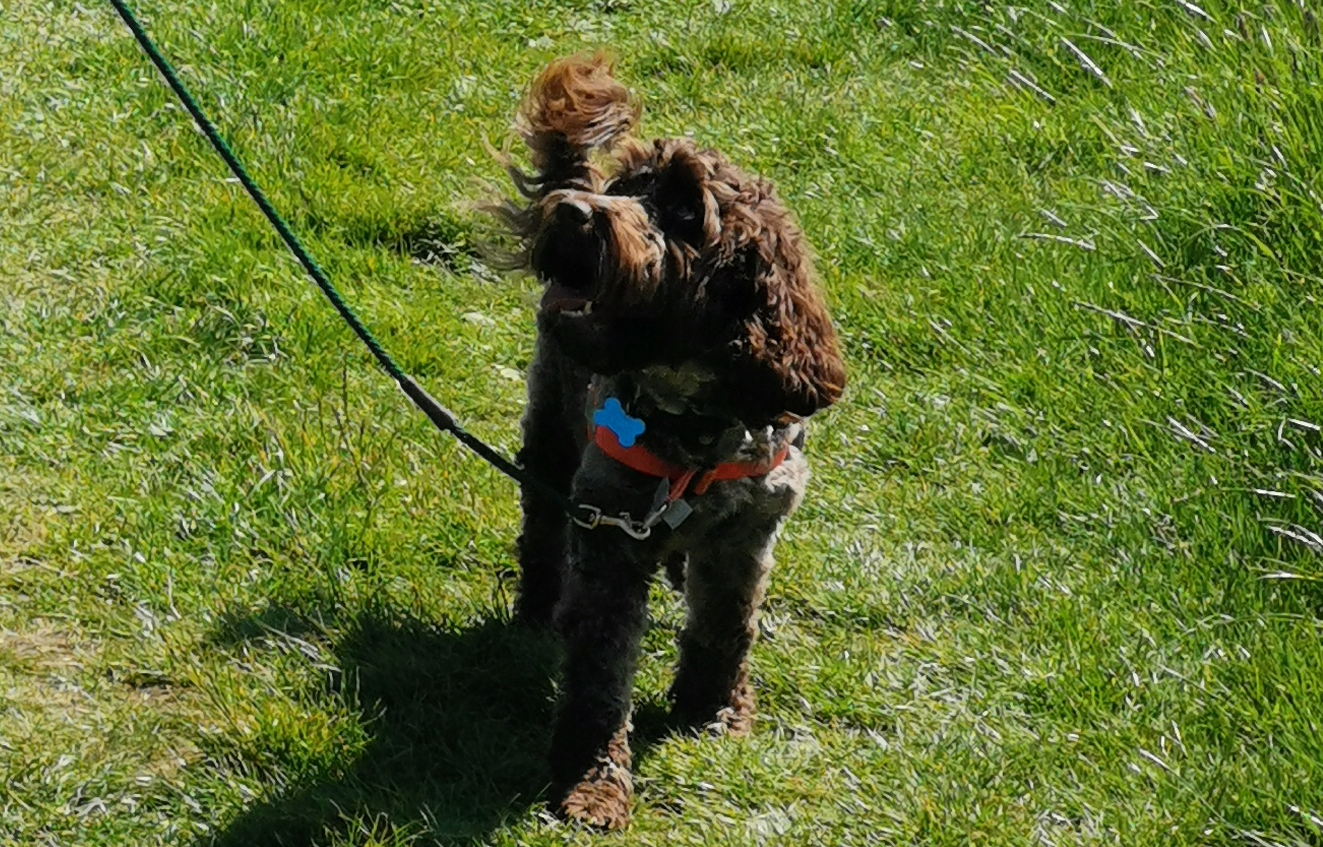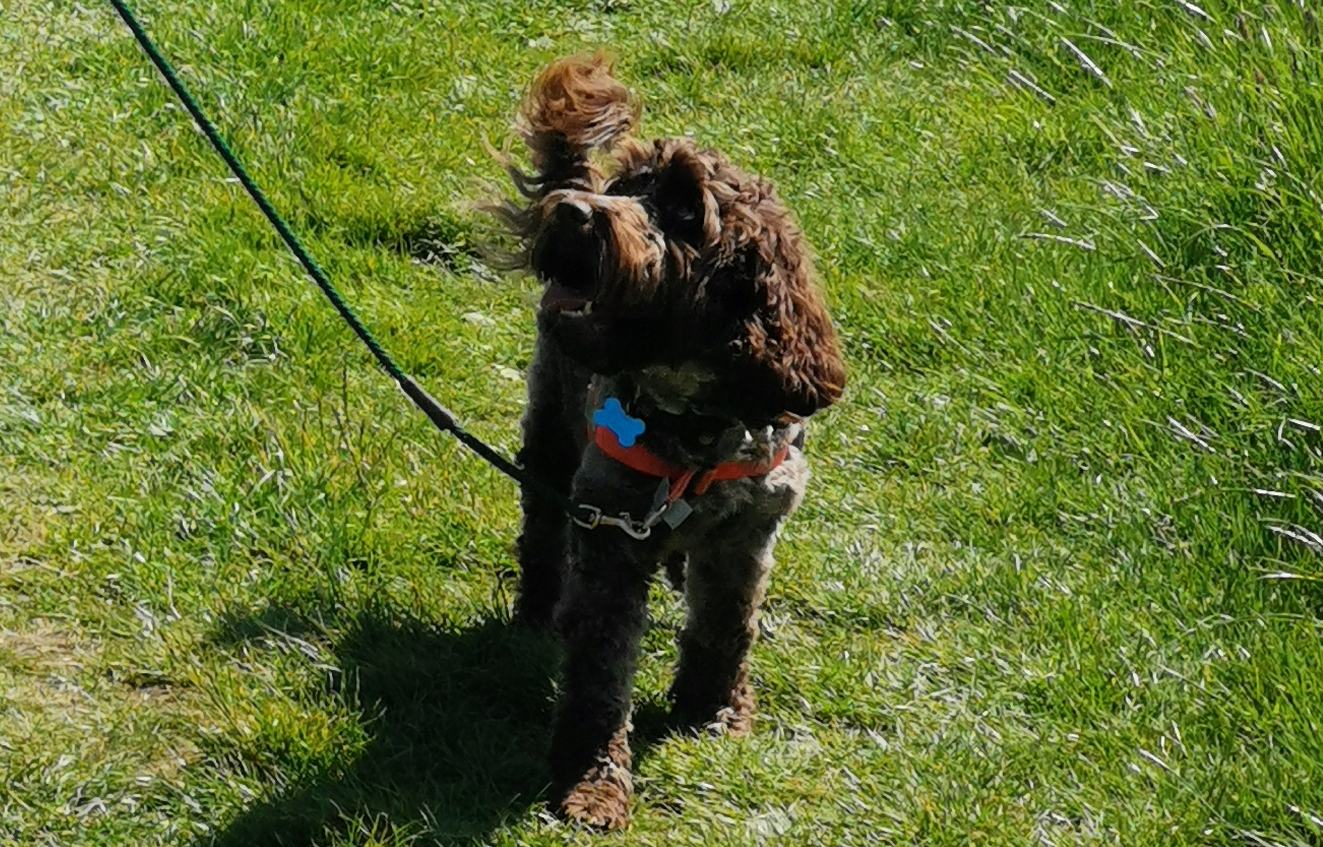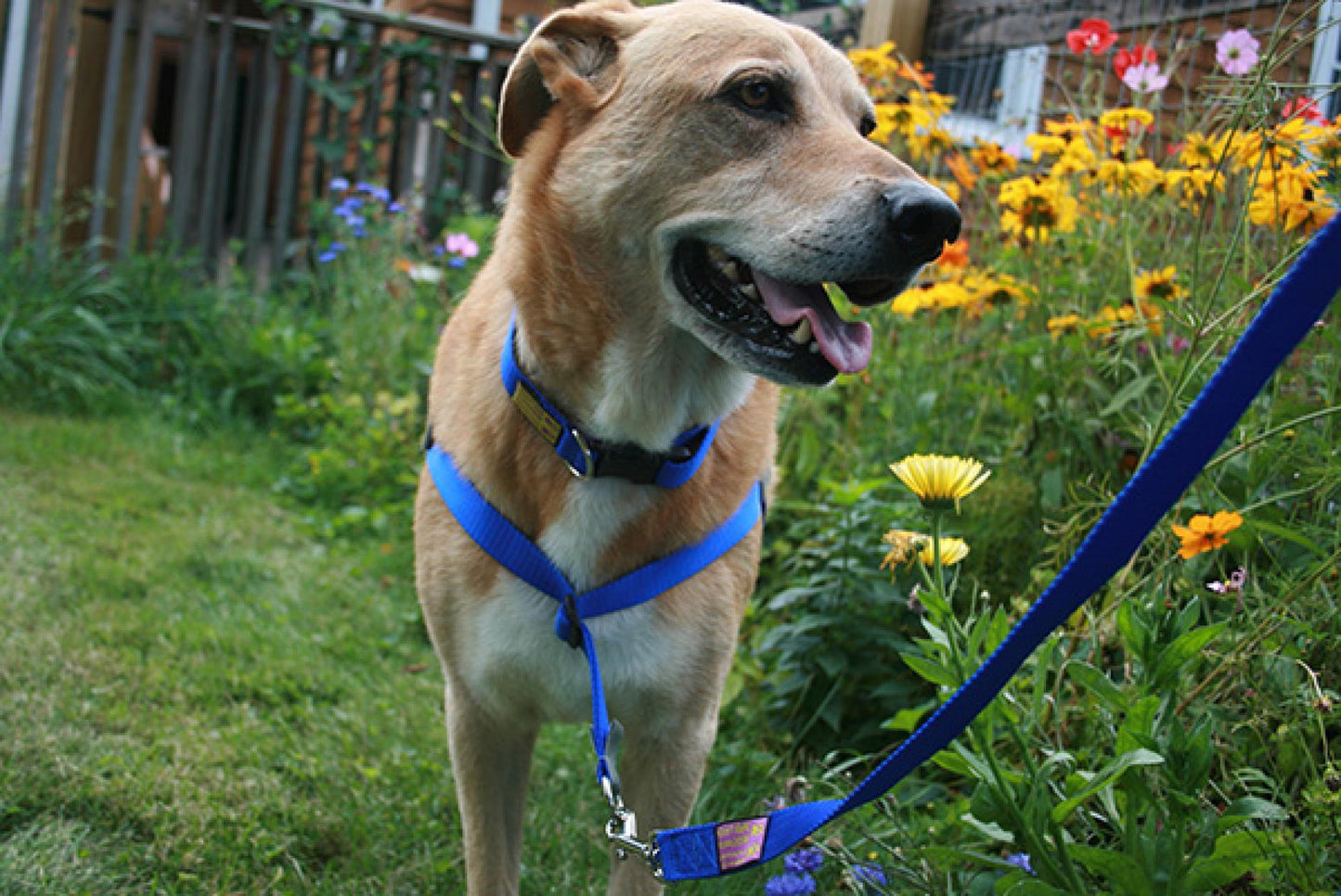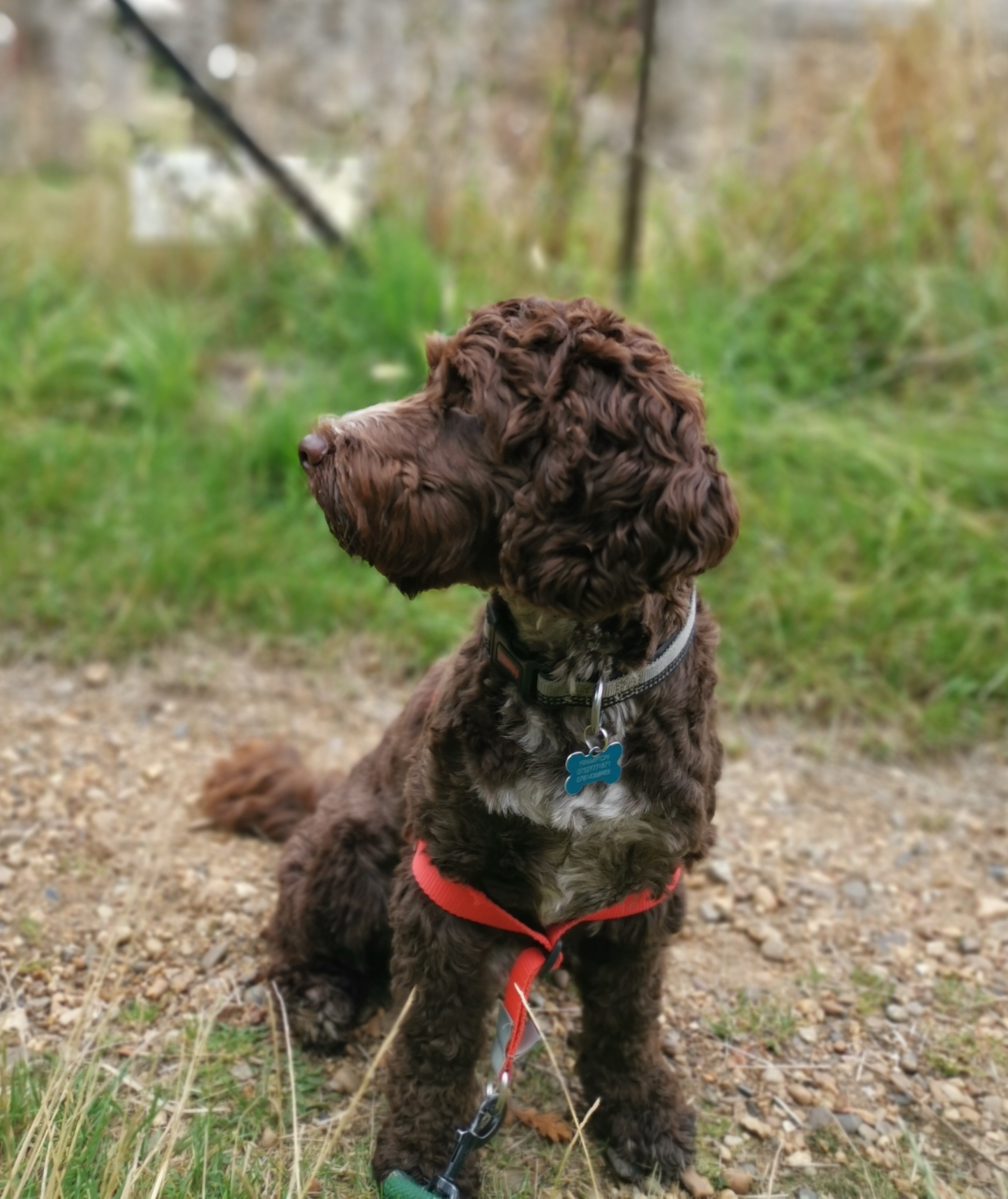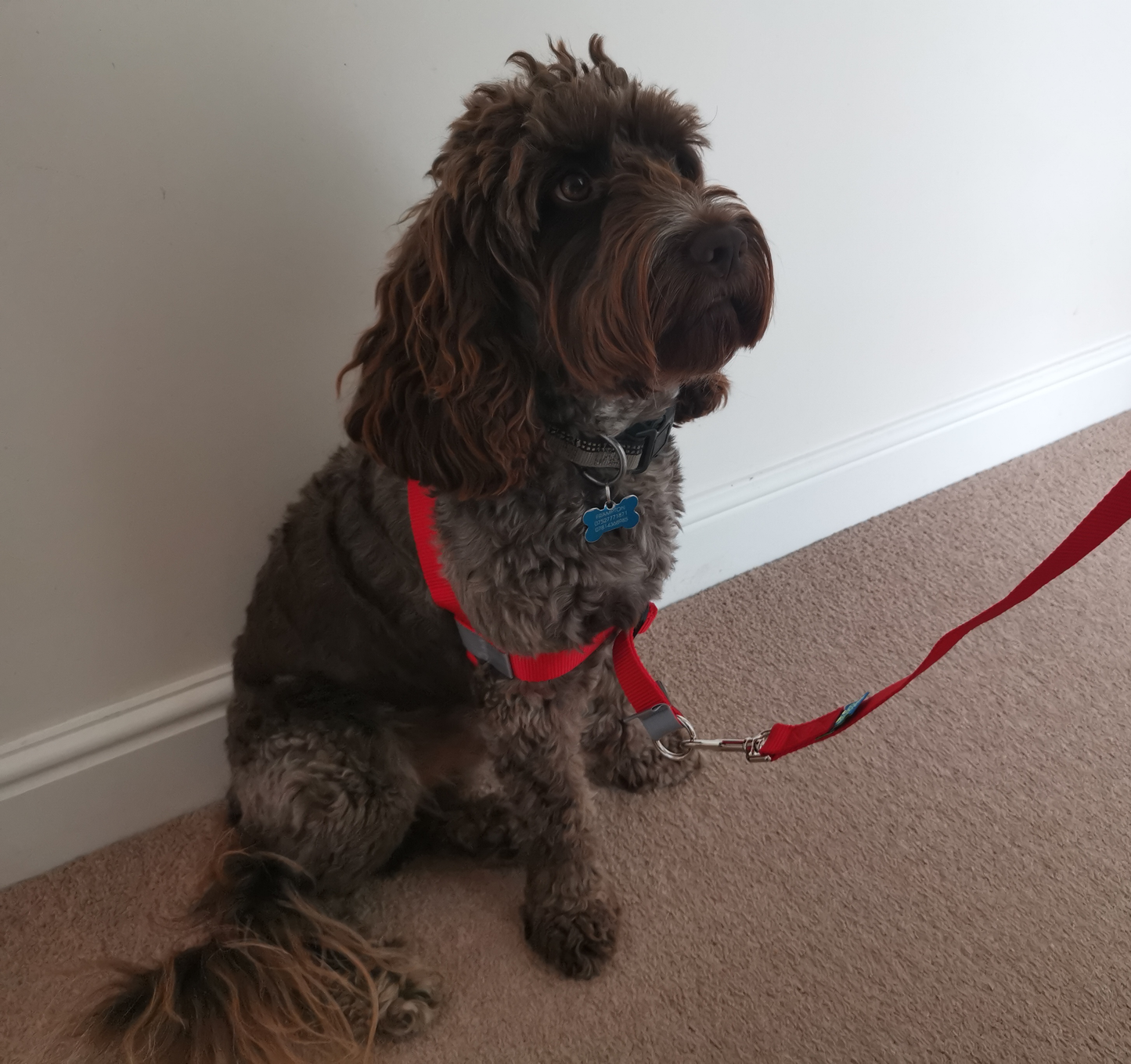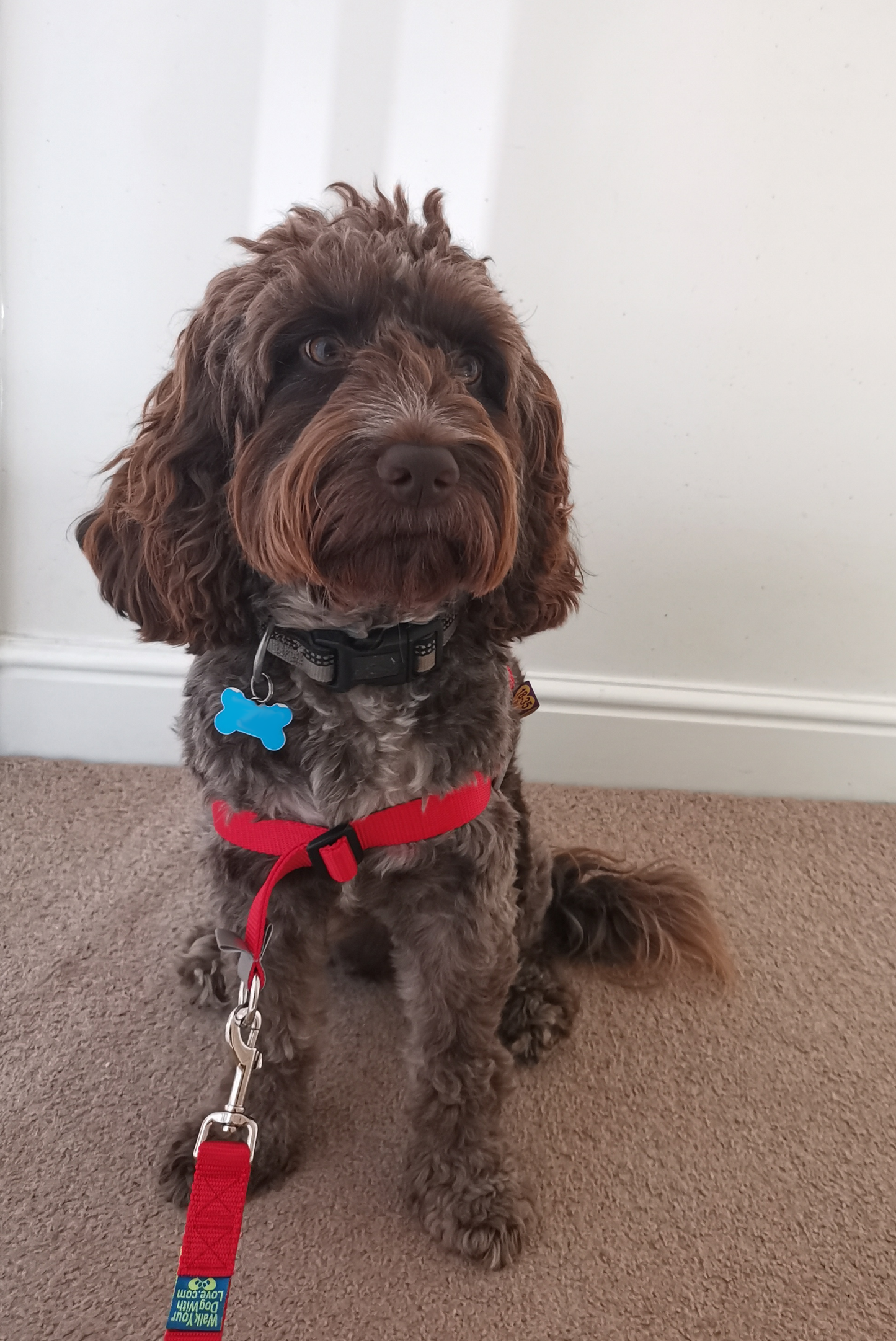As dogs get older, their needs change. Just like humans, they may slow down, develop age-related conditions, or become less active and more sensitive to their surroundings. But ageing doesn’t mean their quality of life has to decline. With a few thoughtful changes, you can create a home that keeps your senior dog safe, comfortable and mentally engaged.
1. Make Mobility Easier
Older dogs may struggle with stairs, slippery floors or getting onto furniture. Help them stay mobile with these small adjustments:
-
Add rugs or runners to give them traction on hard floors
-
Use pet stairs or ramps to help them access the sofa or bed
-
Keep food, water and beds on the ground floor to avoid unnecessary climbing
If your dog has arthritis or joint issues, consider an orthopaedic bed with extra cushioning and support.
2. Keep Things Predictable
Senior dogs often thrive with routine. Sudden changes in their environment or schedule can cause stress or confusion.
-
Stick to regular feeding and walk times
-
Avoid frequently moving furniture or beds
-
If your dog has vision or hearing loss, try to keep rooms clear of obstacles
Consistency helps your dog feel secure and confident in their surroundings.
3. Stimulate the Mind
Mental enrichment is just as important for senior dogs as physical exercise.
-
Use food puzzles or snuffle mats to encourage problem-solving
-
Introduce gentle training exercises or new tricks
-
Offer scent-based games like hiding treats around the house
These activities help keep your dog’s brain sharp and reduce boredom or restlessness.
4. Prioritise Comfort
Older dogs may become more sensitive to cold, heat or draughts. Make sure they have a cosy, quiet space to rest.
-
Position beds away from draughty windows or busy areas
-
Use heated pet pads or extra blankets in winter
-
Keep water bowls in multiple rooms to encourage hydration
Regular grooming can also help, especially if their coat becomes thinner with age.
5. Keep Vet Checks Regular
Senior dogs should have at least one thorough vet check-up per year, ideally every six months. Regular visits can help catch health issues early and ensure they’re getting the right diet, supplements or medication.
Final Thoughts
Ageing is a natural part of life, and with your support, your senior dog can stay happy, healthy and engaged for years to come. A few simple changes can make a big difference to their comfort and quality of life.
In return, you’ll enjoy the calm, deep companionship that only comes from years of shared memories. Growing old together is a beautiful thing.

